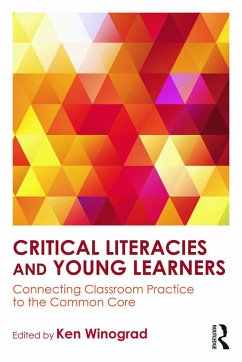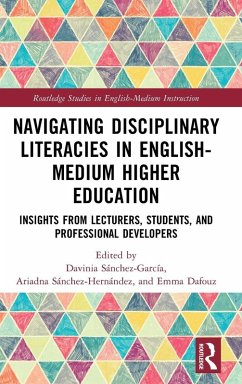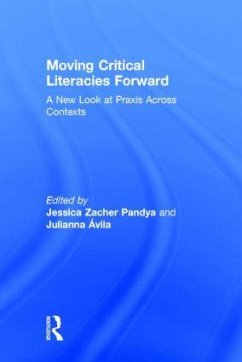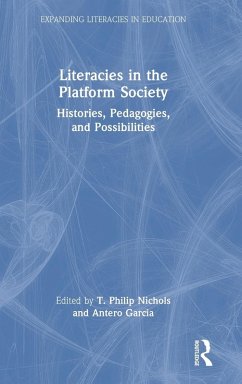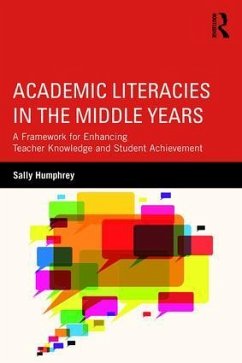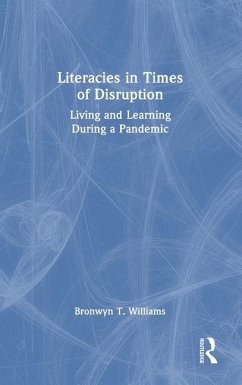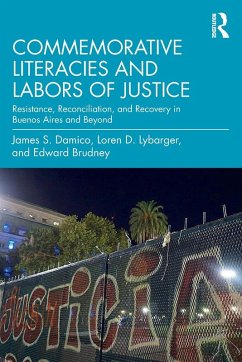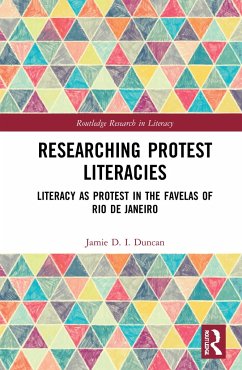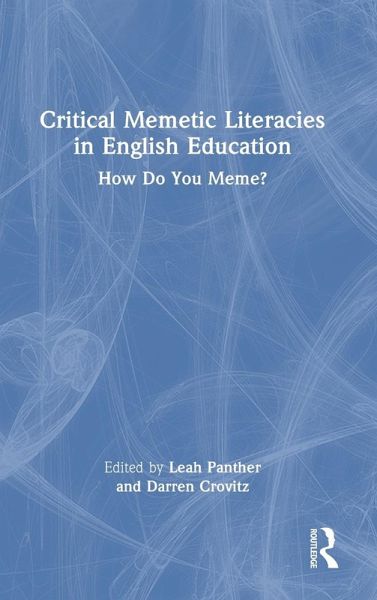
Critical Memetic Literacies in English Education
How Do You Meme?
Herausgeber: Panther, Leah; Crovitz, Darren
Versandkostenfrei!
Versandfertig in 1-2 Wochen
171,99 €
inkl. MwSt.

PAYBACK Punkte
86 °P sammeln!
This edited collection introduces English and literacy educators to the theoretical, research-based, and practical dimensions of using digital memetic texts-"memes"-in the classroom.





